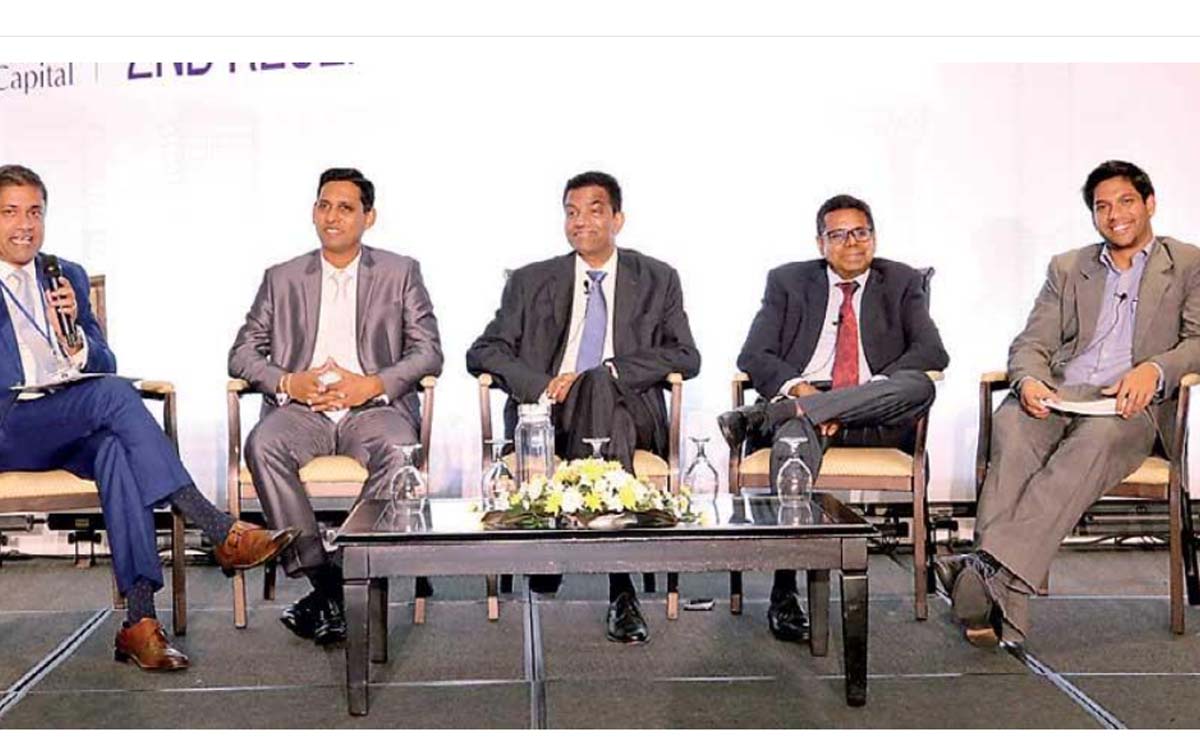Taken from economynext
Image courtesy DailyFT
Sri Lanka could have achieved a revival in consumer demand with a smaller stimulus, as the country tends to go through a cyclical revival in the wake of shocks, an economist said, amid concerns of twin fiscal and monetary loosening.
“On a cyclical basis, there was already space for consumption to recover, because the economy had gone through a number of shocks,” Deshal de Mel, research director at Verité, a think tank, said.
“There was a drought in 2017, the constitutional crisis in 2018 and the Easter attacks in 2019, so there was a fair amount of suppressed consumption that was ready to recover in the first place.
“So, a smaller stimulus might have had the desired impacts in terms of driving growth and activity but the outcome now is a significantly larger tax stimulus than that.”
Speaking at the First Capital’s Second Research Conference, de Mel said finding a right balance for a stimulus was tricky.
A series of tax cuts, especially value added tax, has spooked rating agencies, with Fitch and S&P cutting the outlook on Sri Lanka’s ‘B’ rating.
Sri Lanka’s central bank has also cut policy rates, adding a monetary stimulus to boost consumption and growth.
De Mel was attached to the Finance Ministry during the last administration, when a series of taxes were imposed during an International Monetary Fund program based on so-called ‘revenue based fiscal consolidation’.
From 2015 to 2019, Sri Lanka however went through two currency crises, including in 2018 amid better fiscal policy. In 2018 the budget deficit fell to 5.3 percent from 5.5 percent a year earlier.
In 2019, the deficit is estimated by the IMF at 6.2 percent amid a credit and economic downturn which hit revenues.
Following tax cuts Sri Lanka’s 2020 deficit is estimated at 7.5 percent by the Treasury and 7.9 percent by the IMF.
“It’s not going to be easy to avoid significant fiscal slippage because the space for cutting expenditure is quite limited,” de Mel said.
With Sri Lanka’s debt around 80-90 percent of gross domestic product, the country will face a challenge with debt repayments, he said.
Ratings agencies and international investors will be scrutinising Sri Lanka, he said.
With higher levels of market borrowings, Sri Lanka is more exposed to international investors.
“Global markets will be very concerned if we have a budget deficit of over 5 percent without a clear path to bring it down below 5 percent,” he said.
“Thus far, we haven’t seen with much clarity what that path is but I would hope that with the coming budget we would have some direction as to how the government expects us to come down from where we end up this year to below 5 percent over the next two to three years.”
Sri Lanka has asked for a debt moratorium from India and China. Sri Lanka is also expecting some funds from China.
